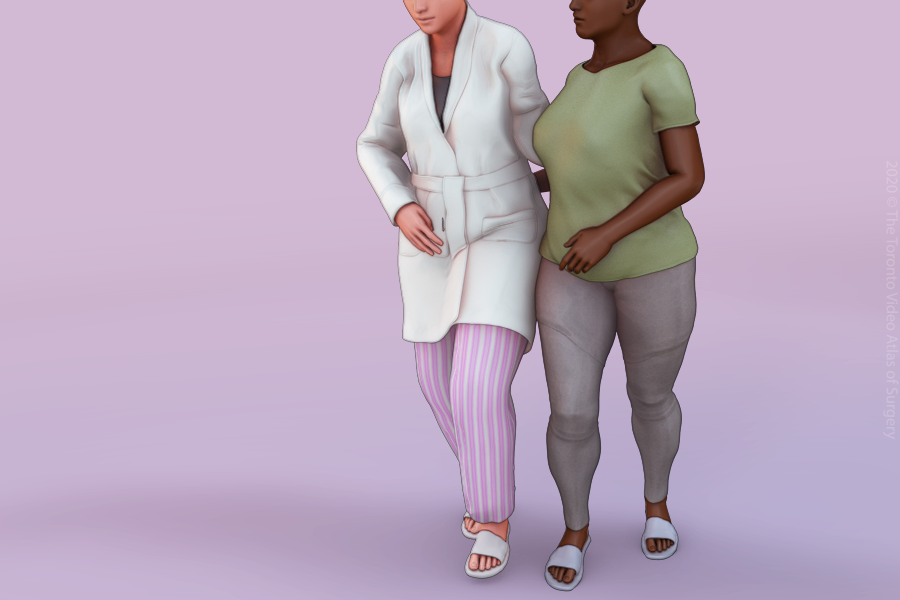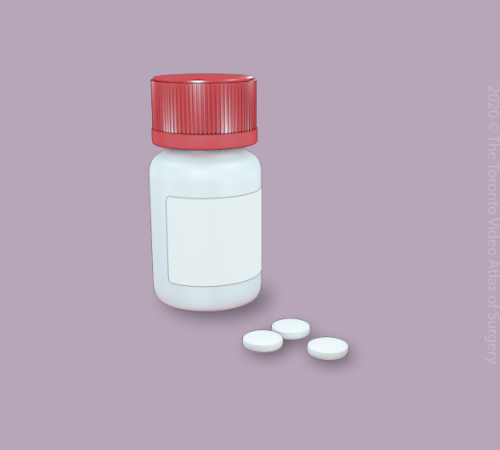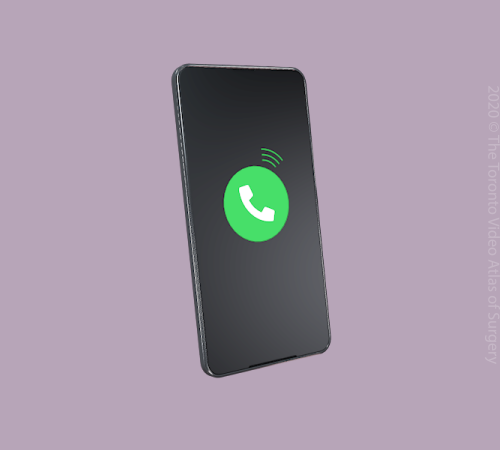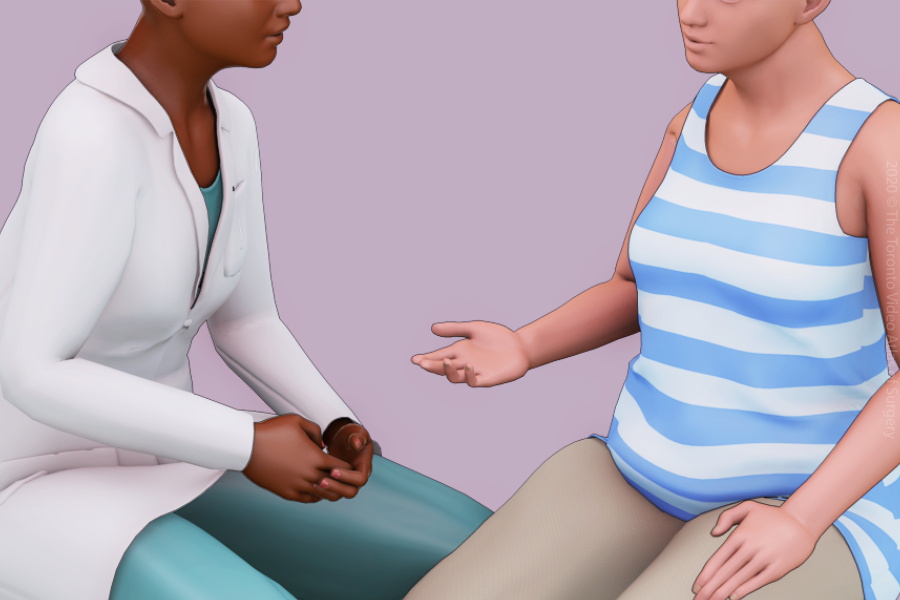What to expect
Preparing for your laparotomy - When you go home.


Each person’s recovery time may be a bit different, depending on the individual as well as the procedure.

You can shower 48 hours after your surgery. Do not wash your incision with soap. Afterwards, gently pat the incision dry.

Your incision should be kept dry, meaning that you should avoid applying creams/ointments unless prescribed and that you should leave the scar uncovered (i.e. avoid bandages and tight clothing).

Numbness along the scar is normal for many women and usually resolves several months after your surgery.

You can generally expect to have significant improvement within the first 2 weeks. Return to work and regular activities can take up to 6 weeks.

You may experience some abdominal pain, cramping, and/or vaginal spotting after laparotomy. Some people may feel gas pain and/or shoulder tip pain. These symptoms should improve with time. If you start to feel worse, you should seek medical attention.

Chewing gum, coffee, and walking may speed up your recovery. You can eat and drink as soon as you feel ready. Some people can feel nauseous after the anesthetic.

Nothing should be inserted into the vagina (including penetrative sex) until the bleeding has stopped or at least 6 weeks if your uterus has been removed (hysterectomy).

You can increase your activity levels gradually. Avoid lifting anything heavier than 10 pounds for at least 6 weeks.


Pain medications
You can take acetaminophen (Tylenol) AND ibuprofen (Advil) OR naproxen (Aleve) for pain relief. Additional stronger pain medications may also be prescribed by your medical team.
If your pain is not adequately managed with these pain medications, you should let your doctor know.

Heat packs
You can apply heat to your abdomen. This improves blood flow and can help relieve pain.

Relaxation techniques
Imagery, music, and rest are other ways to help relieve pain.

Bowel routine
Sometimes the bowels are slow to return to their usual activity. Additionally, some pain medications and iron supplements can make you constipated. You may be prescribed stool softeners until your bowel movements have normalized.

You should call your care provider if you experience:

Heavy vaginal bleeding (requiring 1 pad per hour)

Foul smelling vaginal discharge

Severe nausea or vomiting

Fever (temperature over 38 degrees Celsius)

Chest pain or shortness of breath

Pain, redness, or swelling in one or both legs

Severe pain that is not improved with medications

Signs of infection at incisions (pain, redness, or pus)
If you cannot reach your surgeon or it is after-hours, please present to the emergency room, preferably at the centre where you had your procedure.


Your doctor will schedule a follow up visit after the procedure. At this visit they will ask about your recovery and review the pathology results if you had any specimens removed.